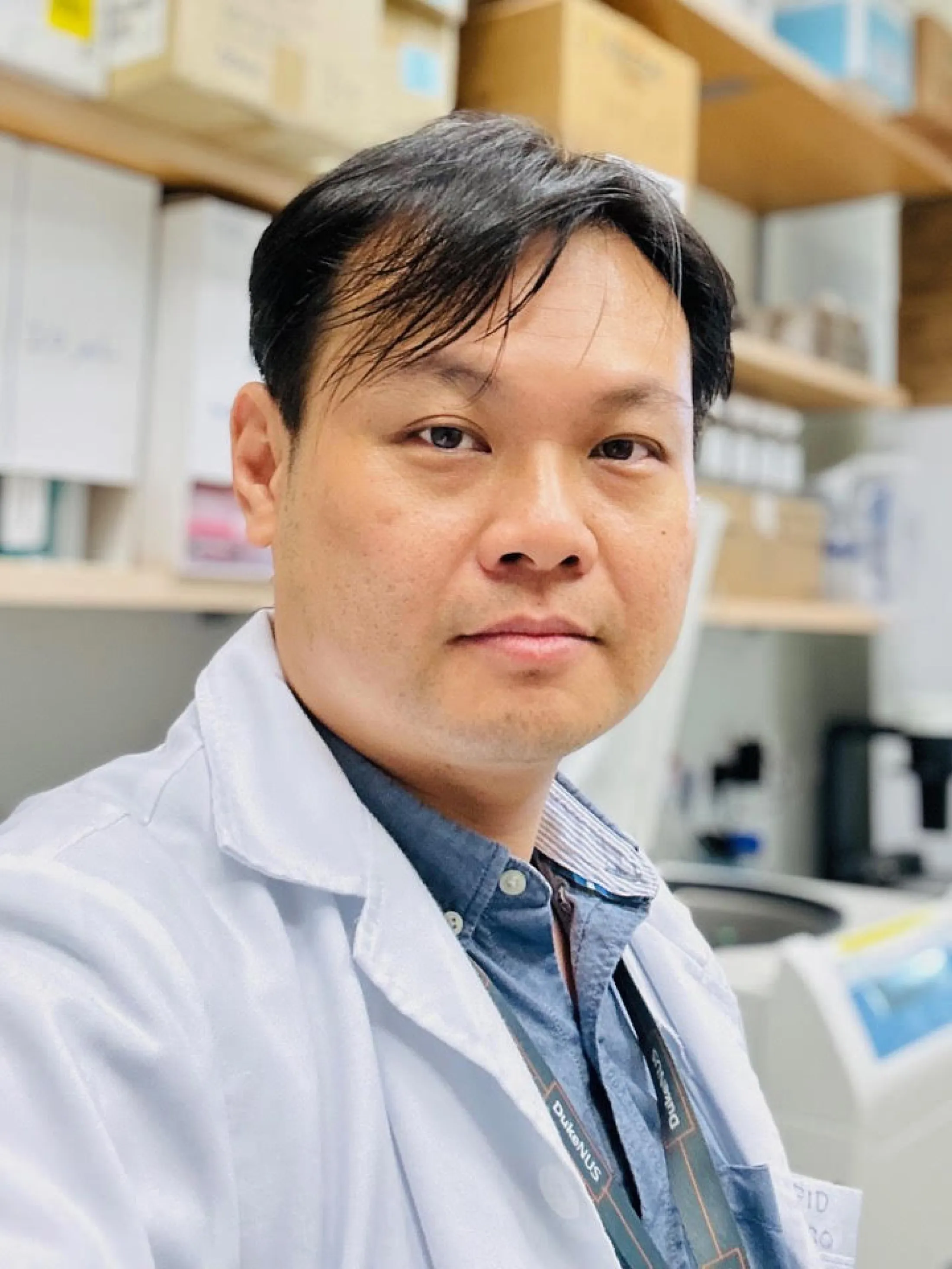Yaw Shin Ooi, PhD ‘14
This year marks the 10th year since I graduated from the Cell Biology Department at the Albert Einstein College of Medicine. It all began with my wonderful lab rotation experience in the laboratories of Professors Charles Query and Margaret Kielian. Following my rotations, I joined the Kielian lab, as I thought alphaviruses were much simpler than Saccharomyces cerevisiae. It turned out, however, that the biology of alphavirus infection is more complicated than that of yeast, at least in my opinion.

The Department of Cell Biology is arguably the best place I have ever been for learning, growing, and building my career. Despite solely focusing on a defined research project, all Cell Biology trainees were constantly exposed to a broad spectrum of cell biological research themes, such as B-cell biology, cancer biology, cell death, DNA damage/repair/replication, epigenetics, glycobiology, RNA splicing, protein translation, stem cell biology, and – my lifelong research interest – the cell biology of viral infection. This dynamic research environment is rather rare, and I have not come across another place like it ever since.
I have many fond memories from my time as a student in Cell Biology, including an interaction with the late Professor Jonathan Warner, who discovered polysomes and owned a car with the license plate “RIBOSOME”. Catherine Liu (a former MSTP student in the Kielian lab) and I went to his office on a late afternoon to seek his input on knocking down a ribosomal gene as a control in our genome-wide RNAi screens to dissect the entry and exit mechanisms of alphavirus. Jon made a joke, saying, “You two must be really desperate to come talking to me at this hour on a Friday!” He could literally visualize the structure of ribosomes in his mind and point out the essentiality of many ribosomal subunits. This was one of the many mind-blowing experiences that I had as a 2nd-year PhD student.
“
The Department of Cell Biology is arguably the best place I have ever been for learning, growing, and building my career… This dynamic research environment is rather rare, and I have not come across another place like it ever since.
”
-Yaw Shin Ooi, PhD
The Cell Biology Department provides a fun place to learn and grow, which extends beyond a thesis lab. For instance, students from different labs are paired to present papers for journal clubs. Additionally, trainees are given opportunities to both present at and moderate weekly Work-In-Progress seminars, where they are always encouraged to ask the first questions before the faculty. Furthermore, graduate students in the Cellular and Molecular Biology and Genetics training program also got to vote and invite an external speaker to visit and deliver a seminar that is open to the entire Einstein community. In 2012, my cohort of students voted for Professor Randy Schekman, right before he won the Nobel Prize the following year. It was a special experience for a group of rookies, including myself, to have dinner with a prominent scientist, discussing his science, academic life, and experience as the editor-in-chief of PNAS and founding editor-in-chief of eLife.
After Einstein, I pursued my postdoctoral training at Stanford University School of Medicine, researching the cell biology of flavivirus and enterovirus infections. At the end of 2019, I moved to Singapore to set up my independent lab at the Emerging Infectious Diseases (EID) program at Duke-National University of Singapore (Duke-NUS) Medical School. My team studies the biology of viral pathogens of pandemic potential in human and bat cells. As you can tell, my research theme remains well-aligned with where it began in the Cell Biology Department of Einstein.
